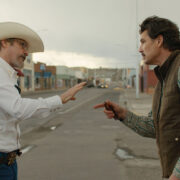BROKEBACK MOUNTAIN: The Importance & Brilliance Of The Snubbed Best Picture Nominee
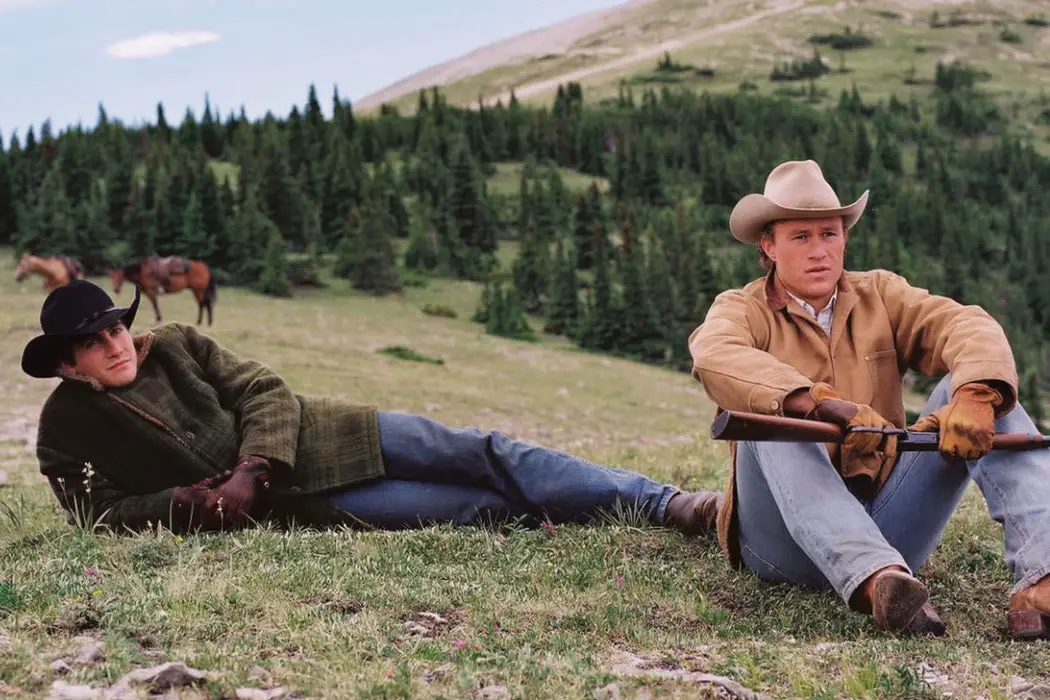
I am an 18-year-old film enthusiast from North West England,…
If you were a film buff in the mid-2000s, you may recall the potentially most controversial decision in Oscar history when Crash won Best Picture, a moment that still provokes head-scratching and confusion amongst cinema fans. Even back then, many believed that Ang Lee’s incredible romance-drama Brokeback Mountain was a much superior film and, as time passes, Brokeback Mountain only becomes more respected while Crash is increasingly ridiculed.
It leads to one question: why was a groundbreaking film about two homosexual cowboys snubbed, and what makes it such an effective portrayal of unrequited love? Was the world simply not ready for this raw and bold drama?
Not Buying Into Stereotypes
One of the main reasons why Brokeback Mountain is so highly regarded is because the two main characters – Ennis Del Mar (Heath Ledger) and Jack Twist (Jake Gyllenhaal) – do not have the flamboyant personalities that are normally associated with homosexuality. In fact, they possess a number of qualities that are considered to be masculine; Ennis is especially closed-off and bottles up his feelings, using anger as a defense mechanism to combat his feelings for Jack. It’s exactly what made Brokeback Mountain so refreshing; the acknowledgment that love can happen between any two people and that homosexuality should not be placed in a tiny box.
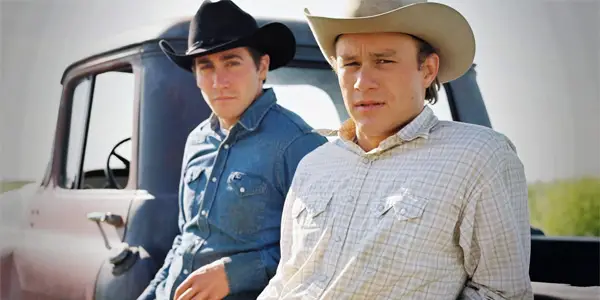
Think about the representation of gay characters prior to this film – was it particularly strong? The 1990s was a decade that was especially guilty of including poorly written homosexual characters in films and TV shows, as they were more often than not loud and obnoxious. Of course, there are exceptions to this rule; Osgood Fielding III in Billy Wilder’s genius comedy Some Like It Hot showed signs that he may be homosexual, and he was a very lovable and endearing presence, who delivers one of the best final lines in any film.
There were also a few erotic thrillers that treated homosexuality seriously and with respect, most notably The Wachowski’s Bound, focusing on a passionate relationship between two women. But it’s obvious that, before Brokeback Mountain turned into the phenomenon that it was, authentic same-sex relationships were few and far between in the entertainment industry. It’s why jokes about Brokeback Mountain being “the gay cowboy movie” are so irksome; members of the film industry were finally taking this subject matter seriously in a mainstream drama, yet numerous people around the world were not.
With the way that Brokeback Mountain was belittled, is it any surprise that something as safe and on the nose as Crash took home the Best Picture award?
Subtlety Is Key
Although both films are heavy dramas that explore important social issues, Crash and Brokeback Mountain could not be further apart in terms of their execution. While Crash is a loud film that does everything in its power to convey its obvious message, Brokeback Mountain is a sombre, quiet and beautifully nuanced piece of work. The characters are not the type of people who express how they feel; the story begins in the 1960s so, of course, Jack and Ennis have to be careful about revealing their relationship to anyone.
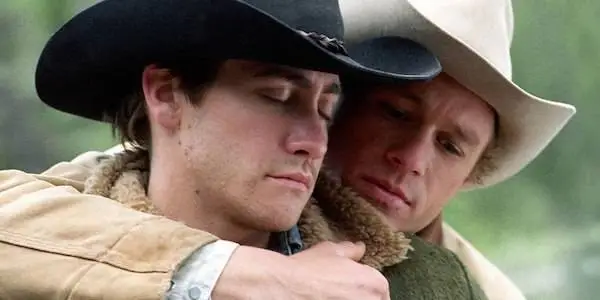
Instead of the characters explaining their feelings of anguish and despair to the audience, it’s what the characters don’t say that reveals everything you need to know about them. Something I’ve only noticed on repeated viewings is that Jack and Ennis never say the words “I love you” to each other, probably because it’s something that they don’t even want to admit to themselves. Their actions speak louder than their words, whether it’s gentle Jack attempting to tend to Ennis’ wound, or the two men having a fist fight to try to push out their romantic desires for each other, or even Ennis vomiting because of how disgusted he is with himself for acting on his physical attraction to Jack.
They are two intricate, detailed and subtle characters, and with the help of two powerhouse performances from Ledger and Gyllenhaal, the film is left with layers of complexity that viewers can only really dig into on multiple viewings. Compare this with something like Crash, a film so obvious and in your face with its message that it leaves the viewer with nothing interesting to uncover and explore. Not to mention that Crash contains a few problematic elements that only age more poorly with every passing moment.
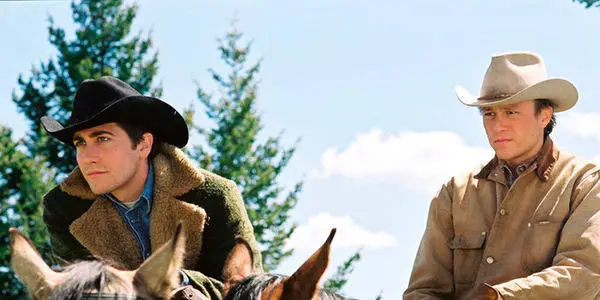
Brokeback Mountain was so much more poignant because it spoke to people universally, despite the fact that it was about a relationship between two men. The themes of unrequited love and heartbreak were genuine and realistic, and you get the feeling that people, especially members of the Academy, were not prepared to handle its maturity. Thus, American celebrities continued to make lame “gay cowboy” jokes on various talk shows, causing Brokeback Mountain to suffer when awards season arrived.
Brokeback Mountain: The Oscar Nominee That Deserved Better
Despite being nominated for an impressive eight Academy Awards, the film only took home three Oscars (Best Director for Ang Lee, Best Adapted Screenplay and Best Original Score, respectively). Crash really was an outsider choice for Best Picture; Brokeback Mountain was the frontrunner, but even other films in this category like Good Night, and Good Luck were favoured by audiences and certain critics. Award shows are only opinion-based and it’s fair enough for people to enjoy Crash, but Brokeback Mountain was a landmark for LGBT films, as well as just a great film in general with terrific performances.
Could it be that the ridicule connected with Brokeback Mountain’s subject matter damaged its chances? It seems likely, especially when you recall the groups who tried to remove the film from theatres. With the Best Picture win for Moonlight last year, another well-made film with a focus on homosexuality, it seems that the entertainment industry is done with making lazy jokes about serious, complex LGBT stories. It just took leaving Brokeback Mountain in the dark, which caused a giant upset, for us to reach this key moment in Oscar history.
What are your thoughts on Brokeback Mountain?
Does content like this matter to you?
Become a Member and support film journalism. Unlock access to all of Film Inquiry`s great articles. Join a community of like-minded readers who are passionate about cinema - get access to our private members Network, give back to independent filmmakers, and more.
I am an 18-year-old film enthusiast from North West England, who loves writing about anything related to cinema. I particularly love psychological thrillers, comedies, dramas, science fiction movies and musicals, but I will happily watch films from any genre. Furthermore, I adore classic Hollywood cinema and would love to write about films from that era. I am always looking to improve my writing, and I hope that you enjoy reading my work!












